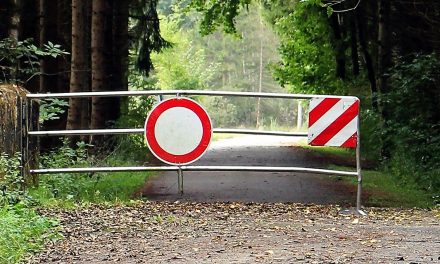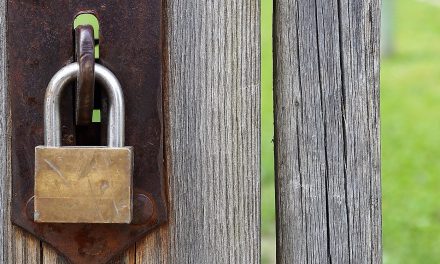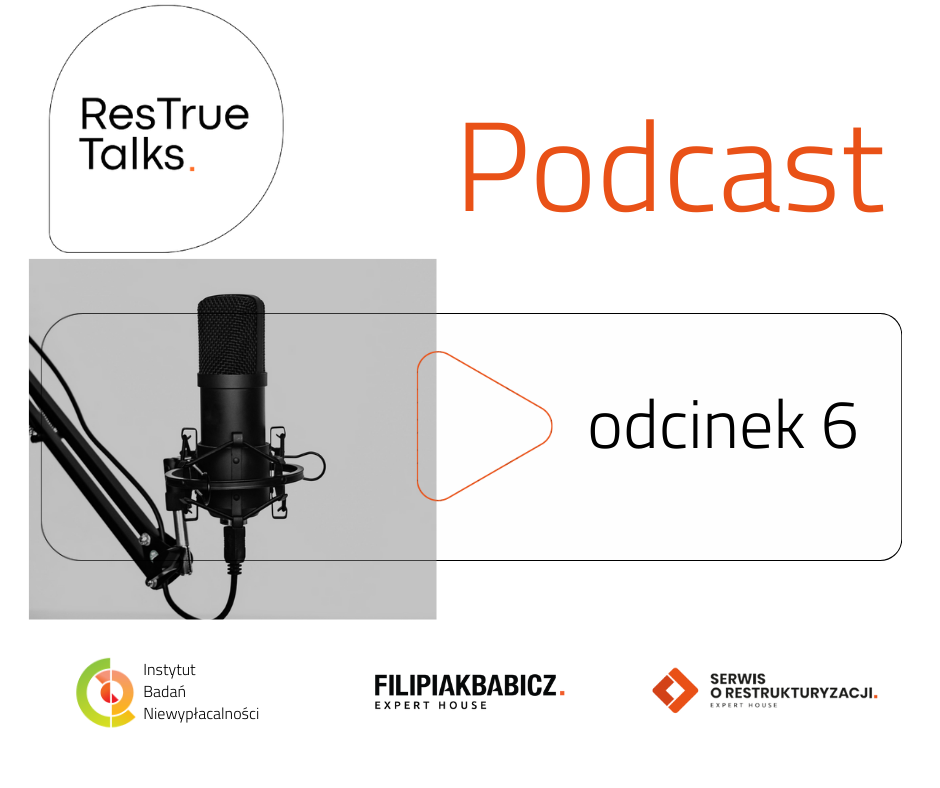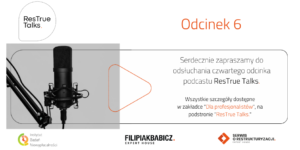
Relief for bad PIT and CIT debts in the coronavirus era

As of 1 January 2020, an amendment to the regulations obliging corporate income tax (CIT) and personal income tax (PIT) taxpayers to apply relief for bad debts came into force. Currently, the regulation adopted under the so-called Anti-Crisis Shield allows the Debtor to be exempted from the obligation to apply the bad debt relief. The above, however, applies only to advances on tax calculated for the periods of 2020 (PIT – Article 52q, CIT – Article 38i, PIT – Article 57c).
MECHANISM OF ACTION FOR THE RELIEF OF BAD DEBTS IN PIT AND CIT
According to the regulations, the mechanism of bad debt relief in PIT and CIT is that the basis for calculating income tax should remain:
reduced by the value of the receivable that was not paid within 90 days from the date of expiry of the payment date indicated in the invoice (account) or agreement – in case of a creditor,
increased by the tax-deductible value of the liability that has not been settled within 90 days from the date of expiry of the payment date indicated in the invoice (account) or contract – in case of a debtor.
FORMAL REQUIREMENTS TO BENEFIT FROM THE RELIEF
However, the introduced regulation exempts the debtor, in case of lack of payment within the indicated time limit in calculating the advance payment for particular settlement periods falling in 2020, from the need to increase the tax base (by the value of the expense recognised as an expense, not actually paid). However, it should be pointed out that the debtor may take advantage of the provisions of the Act only if the following conditions are jointly met:
1) the taxpayer incurred negative economic consequences due to COVID-19 in a given settlement period;
2) the revenues obtained by the taxpayer in a given settlement period, referred to in Article 14, are lower by at least 50% in relation to the analogous period of the previous tax year, and in the case of a taxpayer who started conducting business activity in 2019. – The average revenue shall be understood as the amount constituting the quotient of the revenue obtained in the previous tax year and the number of months in which business activity was conducted in that year.
The condition referred to in item 2 shall not apply to taxpayers who:
applied a form of taxation in 2019 for which no revenue is determined;
commenced their business activity in the last quarter of 2019 and did not receive income referred to in Article 14 in that period;
they started to conduct business activity in 2020.
It is important that the provisions do not contain a definition of the negative economic consequences due to COVID-19. The condition set out in the provision is a general concept and can therefore be interpreted differently.
It should also be remembered that even without special regulations of the so-called Anti-Crisis Shield – entrepreneurs can apply for tax reliefs, deferrals and rescheduling. This right results directly from Article 67a of the Tax Ordinance which gives entrepreneurs, as taxpayers, the right to apply for this form of assistance.













